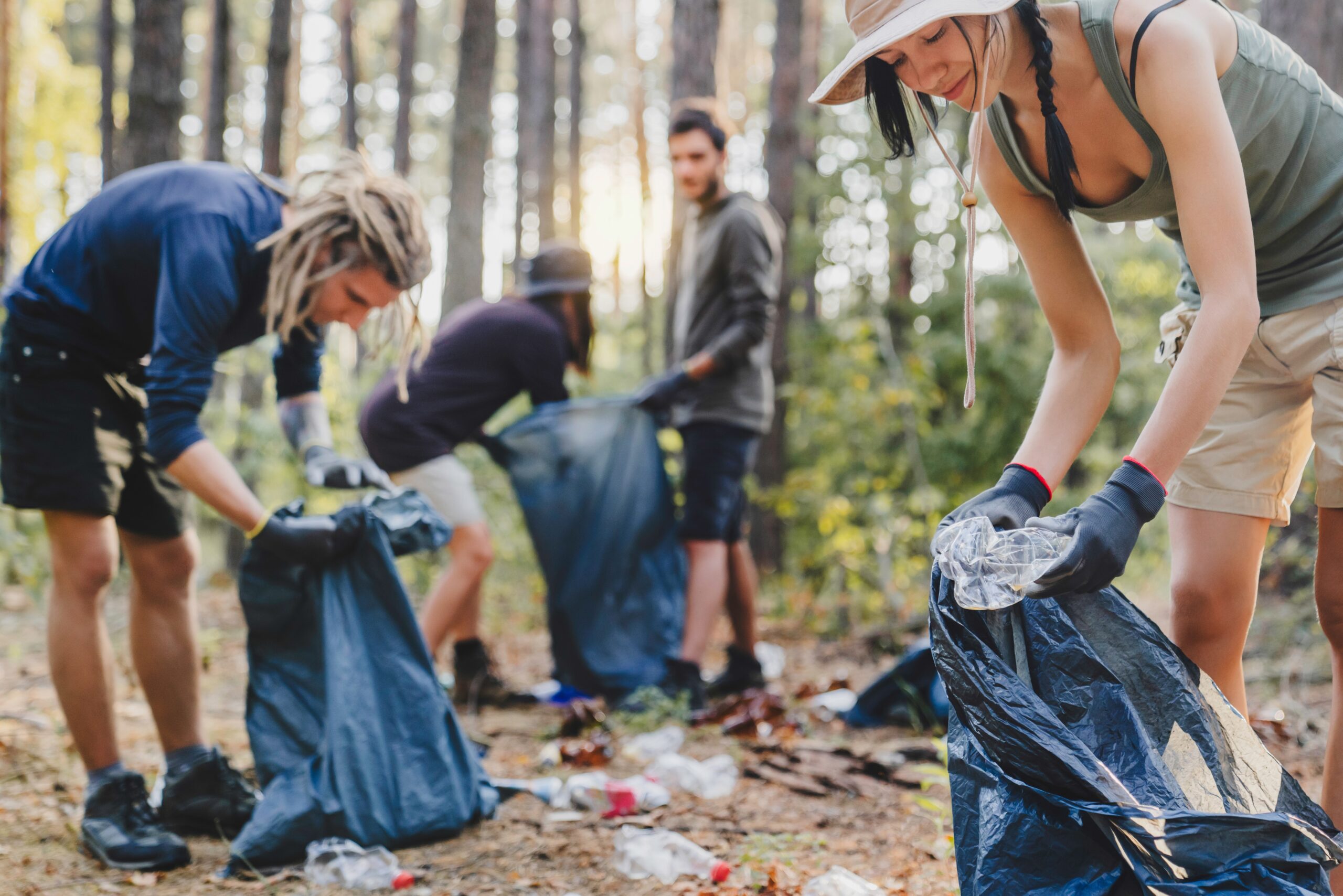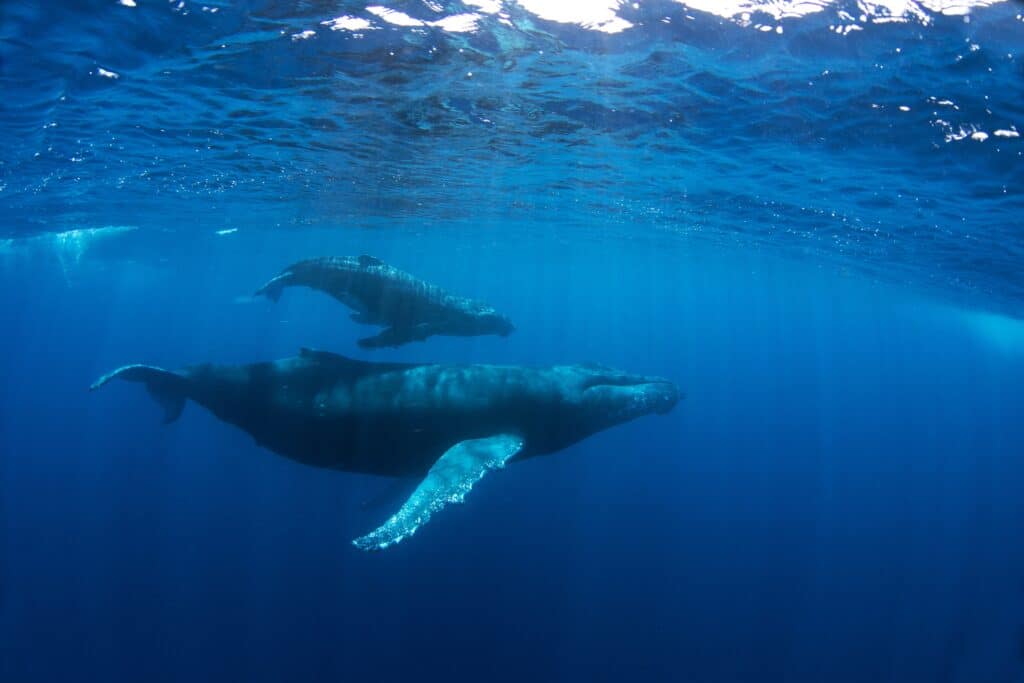
Volunteering Opportunities on Mediterranean Islands: Travel with Purpose
If lounging on a beach isn’t quite your style, and you’d rather connect, contribute and make a difference while you travel — volunteering on a Mediterranean island might be just the thing. Whether it’s helping protect endangered sea turtles, working on an organic farm, or restoring traditional trails, this guide introduces meaningful, ethical opportunities to combine adventure with impact across the Mediterranean.
Outline
- Why Volunteer While Travelling?
- Types of Volunteer Work on Mediterranean Islands
- Top Ethical Volunteering Programmes
- Sea Turtle Conservation – Zakynthos, Greece
- Organic Farming with WWOOF – Sicily, Italy
- Rewilding and Reforestation – Corsica, France
- Language Exchange or Teaching – Mallorca, Spain
- Community-Based Projects – Lesvos, Greece
- How to Choose a Responsible Programme
- Tips for Making the Most of Your Experience
- Final Thoughts: Leave Footprints with Purpose
Why Volunteer While Travelling?
- Deepens your connection to the place and its people
- Helps support local initiatives and preserve island ecosystems
- Allows you to learn new skills or languages
- Often more budget-friendly than traditional travel
- Feels good — because you’re giving, not just taking
It’s about leaving a place better than you found it — and taking memories that truly matter.
Types of Volunteer Work on Mediterranean Islands
| Type of Work | What You’ll Do | Good For… |
|---|---|---|
| Conservation | Turtle protection, beach cleanups, marine monitoring | Nature lovers, students |
| Organic Farming | Gardening, harvesting, eco-building | Outdoor enthusiasts |
| Community Support | Language teaching, refugee assistance | Social changemakers |
| Animal Care | Work in shelters or sanctuaries | Animal lovers |
| Eco-Tourism Projects | Trail building, heritage restoration | Hikers, history fans |
Whatever your passion, there’s likely a cause that fits.
Top Ethical Volunteering Programme
Sea Turtle Conservation – Zakynthos, Greece
Join a local NGO like ARCHELON to protect loggerhead turtles nesting on the beaches.
- Patrol nesting sites, monitor hatchlings, educate tourists
- Runs May to October
- Shared accommodation and basic facilities
- Ideal for marine biology students or nature lovers
Tip: Choose programmes focused on conservation, not selfies with animals.
WWOOF with Organic Farmers – Sicily, Italy
Through WWOOF (World Wide Opportunities on Organic Farms), help on small-scale eco-farms.
- Plant, pick, prune and cook
- No fee — you work a few hours daily in exchange for food and stay
- Ideal for cultural immersion and green living
- Hosts vary — always check reviews and communicate beforehand
Bonus: Learn to make fresh pasta or press olive oil from scratch!
Rewilding and Reforestation – Corsica, France
Join rewilding projects that restore forests and protect native flora and fauna.
- Activities: trail maintenance, tree planting, wildlife tracking
- Supported by regional parks or conservation charities
- Physically demanding but deeply rewarding
- French-speaking an advantage (but not always required)
Great for hikers and eco-volunteers who don’t mind getting their hands dirty.

Language Exchange or Teaching – Mallorca, Spain
Support locals — especially teens or migrants — in learning conversational English or other languages.
- Often informal, through homestays or community centres
- Best for long-stay travellers (1+ month)
- Many exchanges offer free accommodation in return
- Use platforms like Workaway, HelpX, or Worldpackers
Bring patience, smiles, and your love of language.
Community-Based Projects – Lesvos, Greece
Help NGOs assisting refugees through education, distribution, or arts programmes.
- Often intense, emotionally demanding work — but hugely needed
- Look for ethical organisations like Refugee4Refugees or Better Days
- Requires a longer commitment and background checks
- Accommodation may be provided or subsidised
Come with compassion and commitment.
How to Choose a Responsible Programme
Before you volunteer, ask:
- Is it locally led or does it support the local economy?
- Are the volunteers trained properly and doing useful work?
- Is it ethical — especially in wildlife or vulnerable community contexts?
- Are your fees (if any) going toward the project, not just admin?
- Do reviews and testimonials feel real and balanced?
Be wary of:
- Animal handling “experiences”
- Orphanage tourism
- Programmes with vague goals and high fees
Transparency is key — do your homework!
Tips for Making the Most of Your Experience
- Go in with humility — you’re there to support, not fix
- Respect local culture and customs
- Be flexible — things don’t always go to plan
- Keep a journal — these will be memories worth recording
- Stay in touch — your help can go beyond the trip
Volunteering is just the beginning of your journey — not the end.
Final Thoughts: Leave Footprints with Purpose
Volunteering on a Mediterranean island can transform a simple holiday into something truly powerful. You’ll learn more, see more, and return home with new friendships, skills, and perspectives.
Because when you travel with purpose, you don’t just change your destination — you change yourself.